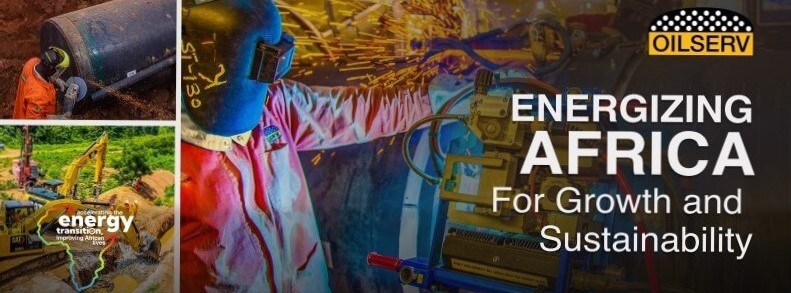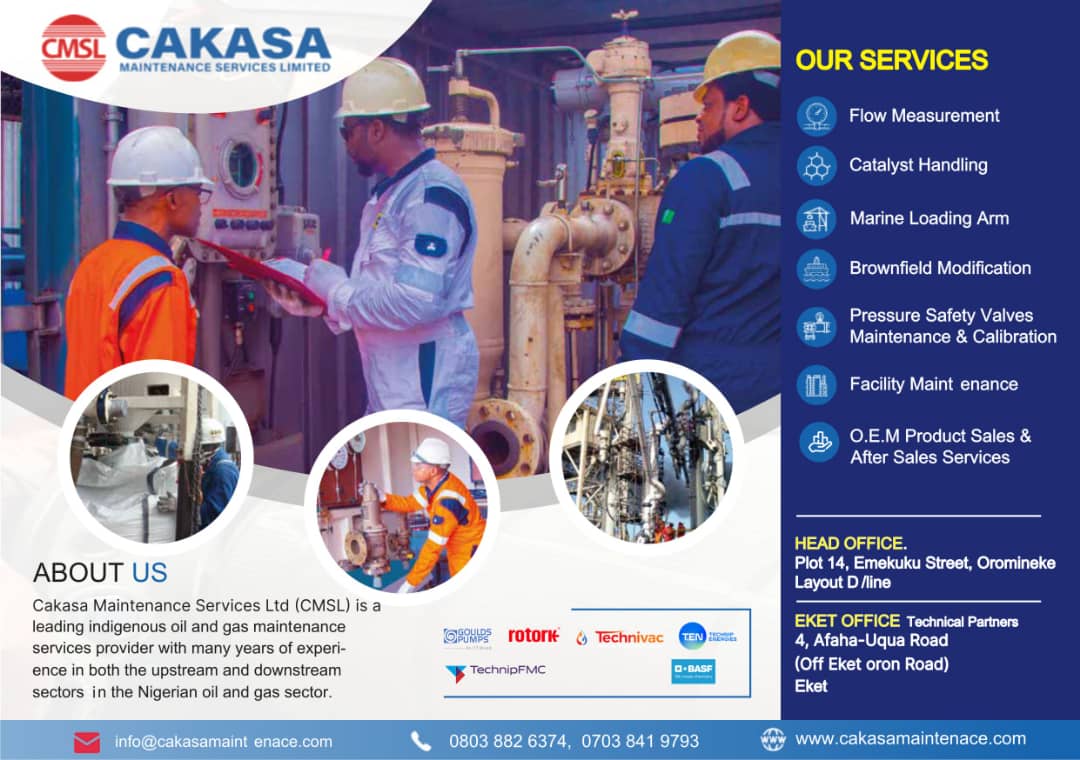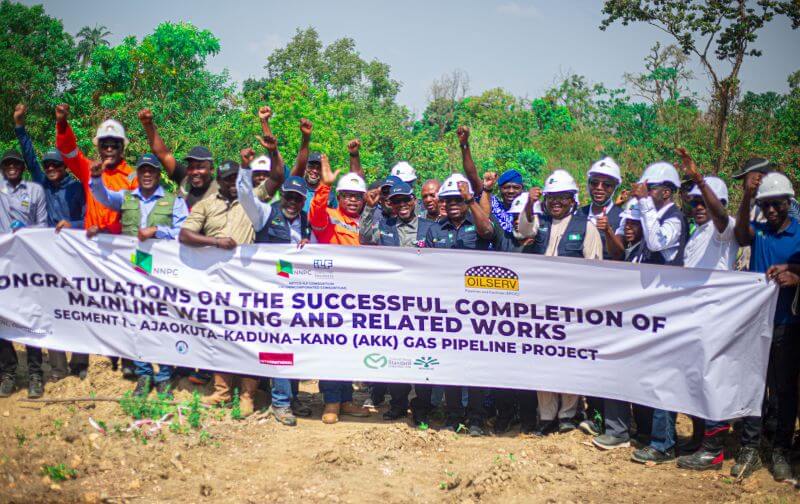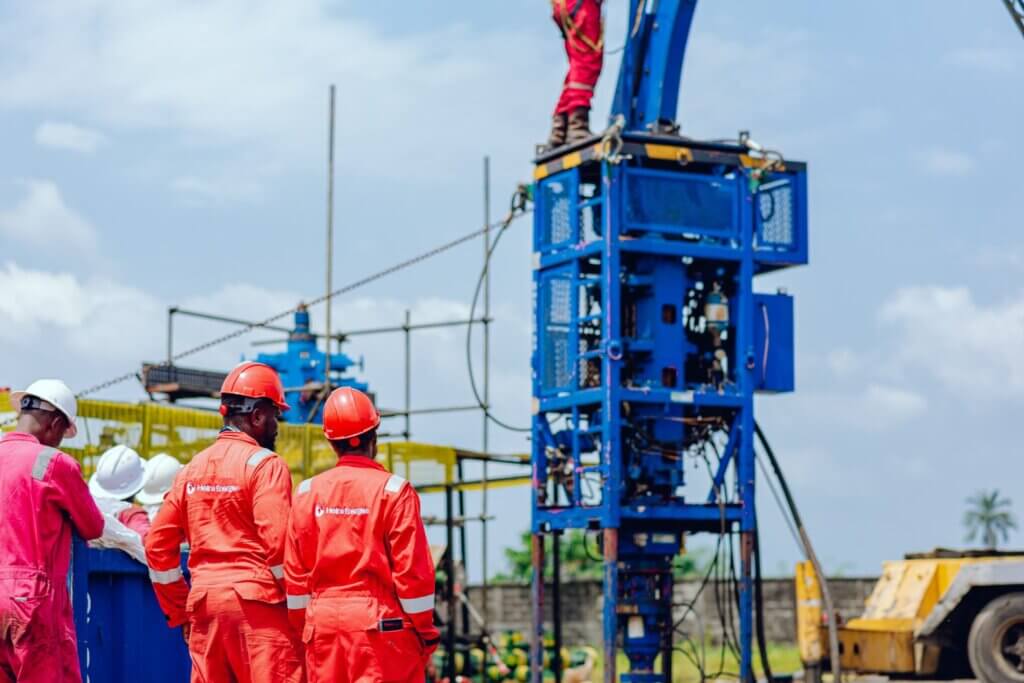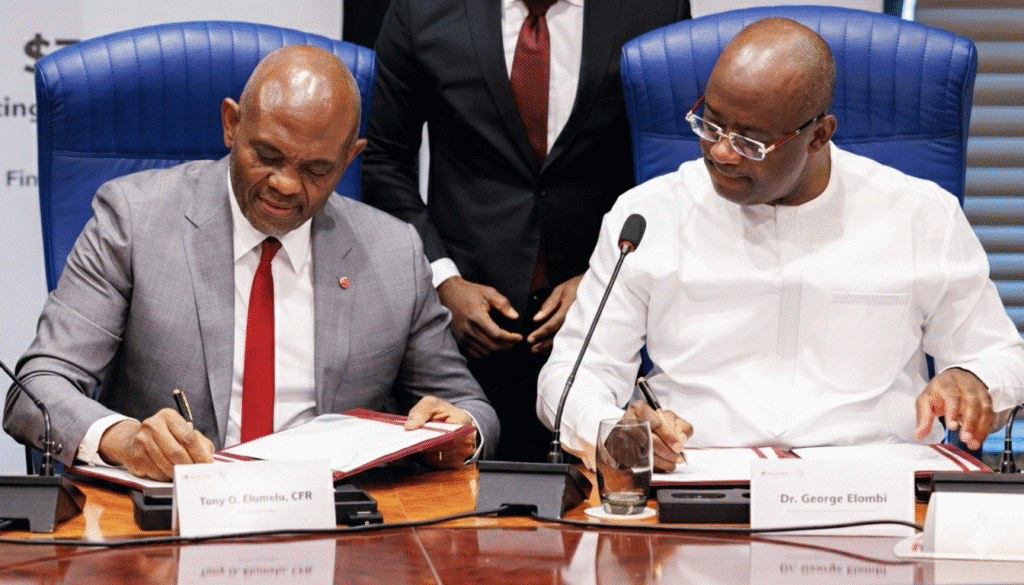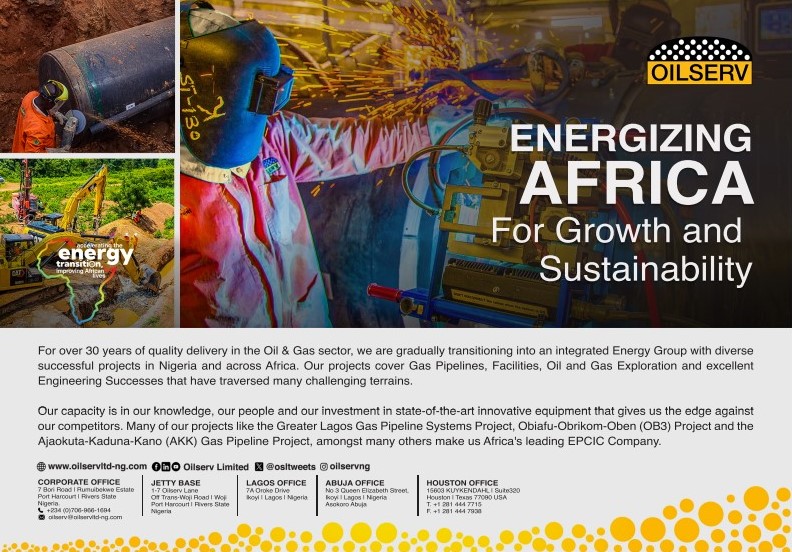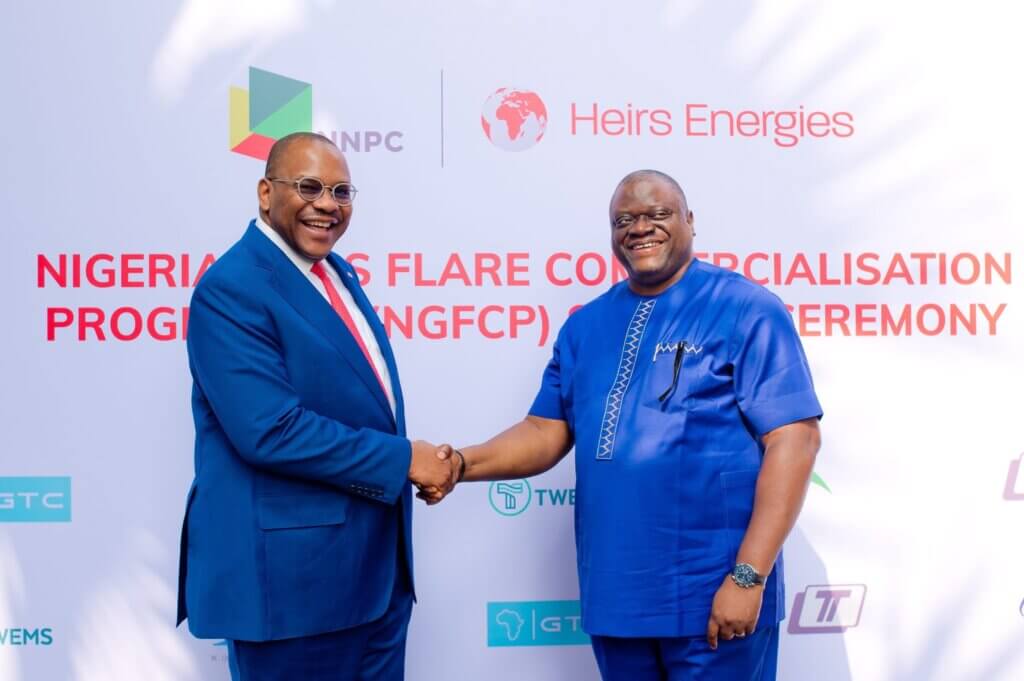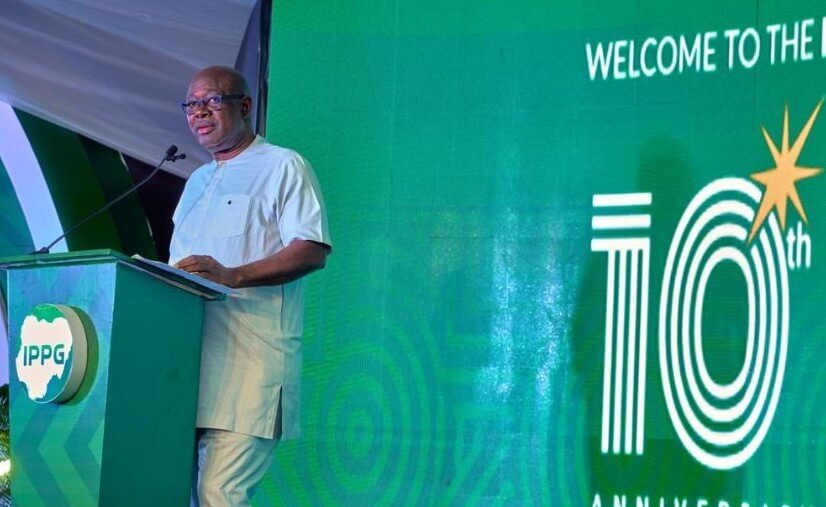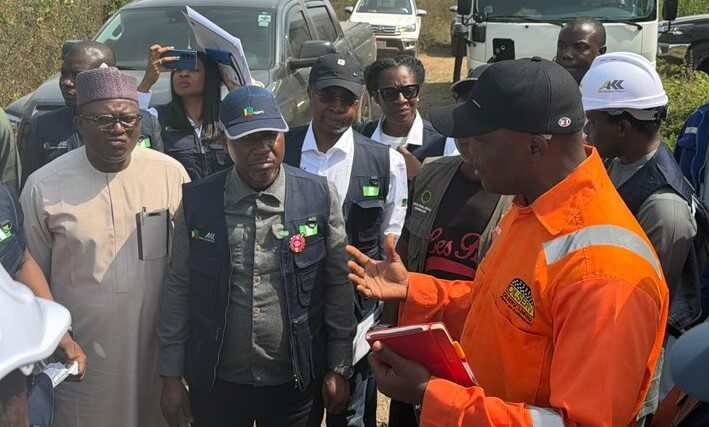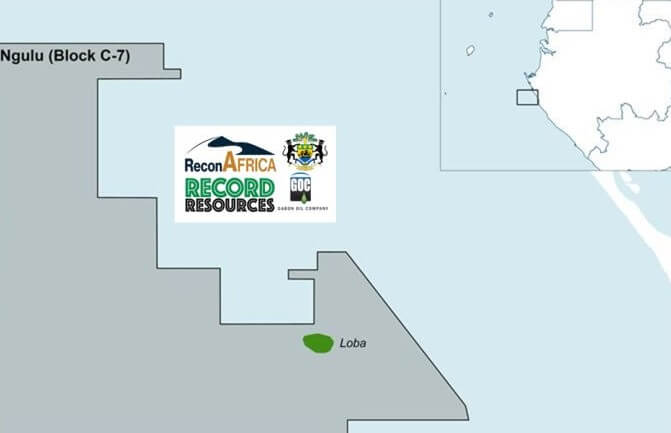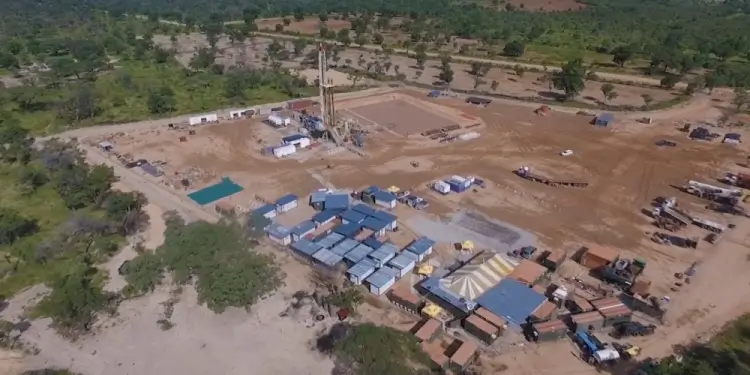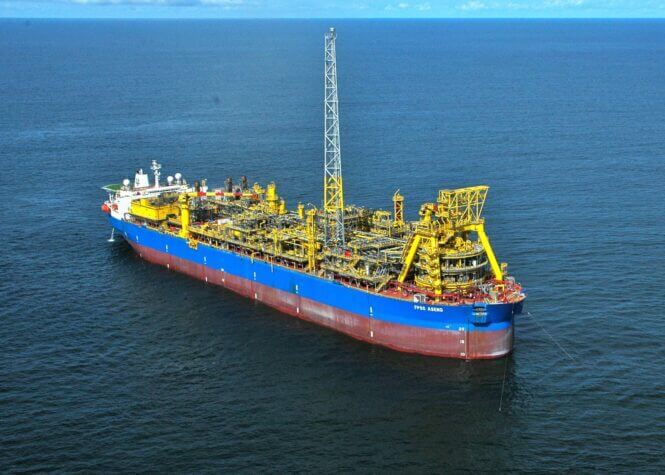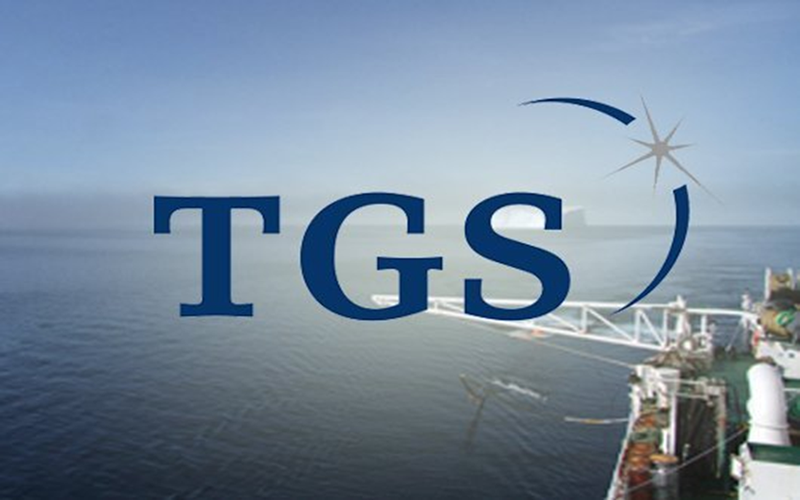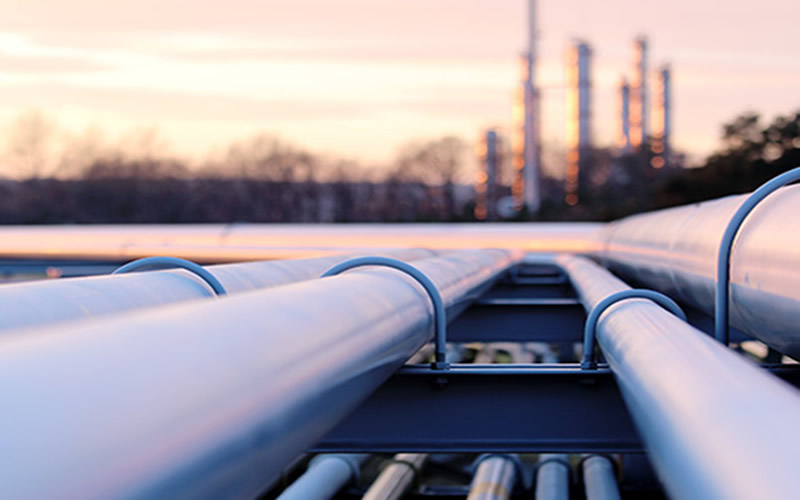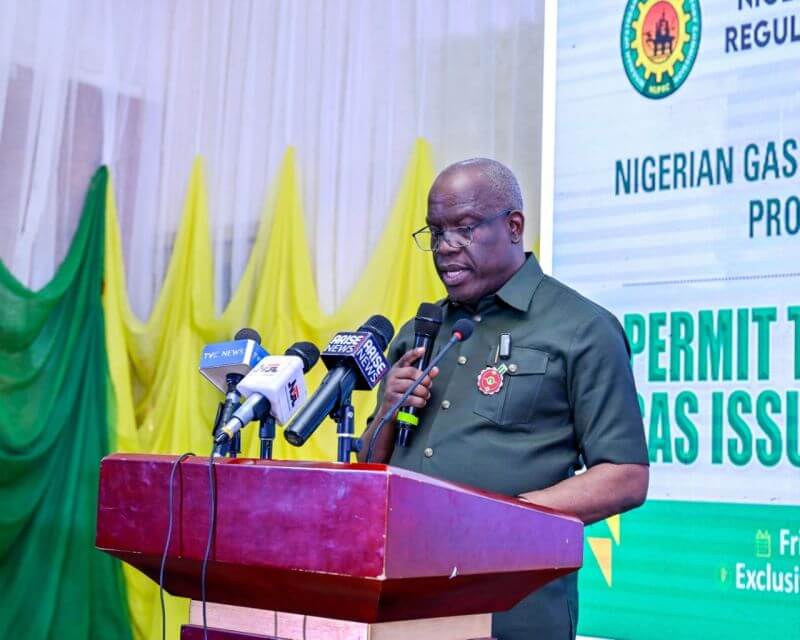
The shareholders and Board of Directors of the Nigeria Liquefied Natural Gas (NLNG) on September 11, 2019 moved a step closer to the final investment decision (FID) for the construction of the Train 7 of the multi-billion dollar gas project
The shareholders – the Nigerian National Petroleum Corporation(49 percent), Shell Gas B.V.(25.6 percent), Total Gaz Electricite Holdings France(15 percent), and Eni International N.A. N. V. S.àr. l(10.4 percent) – signed the Letter of Intent for the engineering, procurement and construction contract for the project.
The letter, which expresses the intention to award the main contract, was issued to the preferred bidder, SCD JV Consortium, consisting of Saipem of Italy, Japan’s Chiyoda and Daewoo of South Korea.
In his remarks, the
Managing Director of NLNG, Tony Attah, said the signing of the Letter of Intent
fulfils a major requirement leading to the FID on the project scheduled for the
end of October.
Prior to the event, Mr Attah said the NLNG was issued the Nigeria Content (NC)
plan on the project by the Nigerian Content Development Monitoring Board.
This, he said, followed the submission of the commercial bids evaluation
summary for Train 7 on September 3 in line with the project certification and
authorisation procedure.
The construction of Train 7, the NLNG MD said, is a sure way to attaining the company’s ambition of increasing its production capacity by 35 per cent, from 22 million tons per annum (MTPA) to 30 MTPA.
He said the shareholders will be working to achieve the project within four to five years after the signing of the FID to allow the NLNG to remain competitive and profitable in the global market.
The construction phase
of Train 7, Mr Attah said, will form part of the investment of over $10 billion,
including the upstream scope of the LNG value chain, thereby boosting the much
needed Foreign Direct Investment(FDI) profile of Nigeria and create about
10,000 jobs.
“With Train 7 onboard our operation, we can consistently continue to deliver on
our vision of being a global LNG company helping to build a better Nigeria.
When completed, the project will help to further diversify the revenue
portfolio of the Federal Government and increase its tax base,” he said.
The Chairman, Nigeria
LNG Board of Directors, Osobonye LongJohn, commended the NLNG management for
bringing the project to the point of the planning towards realizing Train 7.
Mr LongJohn said the actualization of the Train 7 Project comes at a time the
NLNG is celebrating 30 years of its incorporation as a company and 20 years
since exporting its first LNG cargo in 1999.
The Executive Secretary of the NCDMB, Simbi Wabote, commended the NLNG management for subjecting the Train 7 project to the Nigerian content law. He said the FID on Train 7 project is one of five the newly appointed Minister of State for Petroleum Resources, Timipreye Sylva, promised to sign to put an end to the drought of FIDs in the country’s oil and gas industry in the next five years.
Apart from the job
opportunities and earnings expected from the project, Mr Wabote said Mr Sylva
also sees the prospect of producing additional tonnage of liquefied petroleum
gas from Train 7 to reduce importation of cooking gas in the country.
He said the minister is happy that the project will attract other upstream gas
supply projects in the country required to keep the NLNG project busy.
“The project opens up other development opportunities for some gas fields in the shallow and deep offshore acreages. The minister has directed that any encumbrances related to the Train 7 project development must be addressed expeditiously by all agencies of the ministry,” he said.
He identified some of
the opportunities to be provided by the Train 7 to local investments and
business to include resuscitation of the five fabrication yards, with over
70,000 tons of in-country fabrication, covering condensate stabilization units,
tanks, pipelines, flare systems, and other fittings.
Also, there will be 100 per cent local procurement of all low and high voltage
cables, valves, paints and coatings and several other direct procurements from
local manufacturing plants.
At its peak, the official said, the project will provide over 40,000 direct and indirect jobs, in the areas of logistics, equipment leasing, insurance, hotels, office supplies, aviation, haulage, etc.













